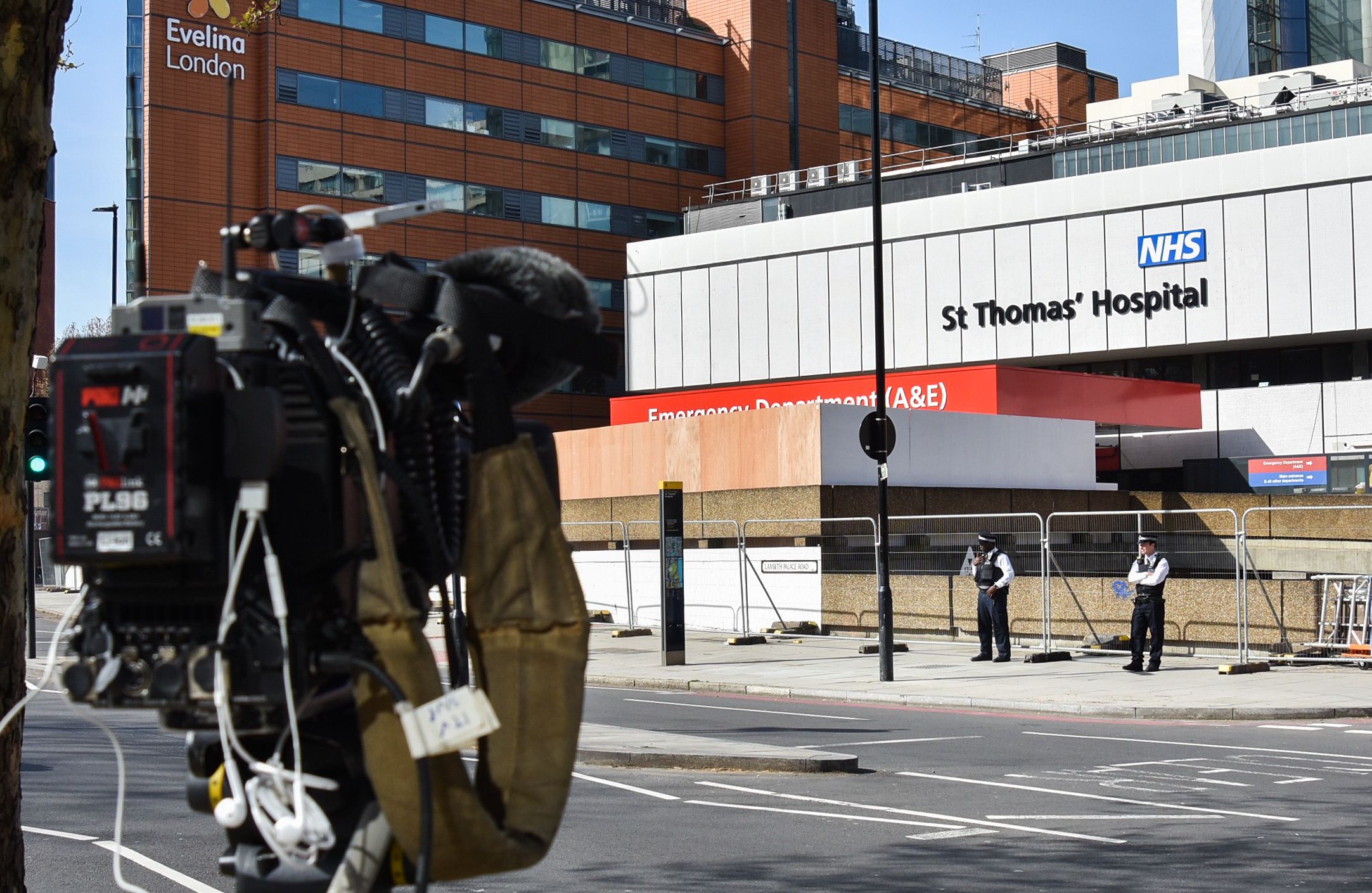
Who may replace the UK prime minister in case of incapacitation?
Importantly, the British prime minister chooses his or her replacement. In the absence of an explicit decision, the leadership of the cabinet falls to the most senior minister. At present, this is Dominic Raab, the first secretary of state and the secretary of state for foreign and Commonwealth affairs. He will take over Johnson’s duties related to chairing the cabinet and setting its agenda, as well as most representation duties. However, the key role in running the government will be played by Michael Gove. As Chancellor of the Duchy of Lancaster, he manages the work of the Cabinet Office and coordinates government committees responsible for strategy, including Brexit XS (Exit Strategy) and XO (Exit Operations).
Would a change of prime minister entail the need for new parliamentary elections?
The UK constitution allows for a change of prime minister without triggering parliamentary elections, which was demonstrated by Johnson in July last year. From the point of view of the functioning of the UK government in Johnson’s absence, the key principle is collegial responsibility of the government, which constitutionally makes the cabinet collectively the most important decision-maker. There is no legally binding deadline by which the current provisional arrangement would need to end. The government’s activity will probably be influenced by the fact that the present situation strengthens the political position of those who hold cabinet posts at the expense of backbench MPs. Among the former, representatives of various Eurosceptic Tory factions dominate.
Who will elect the next prime minister if the need arises?
Constitutionally, the prime minister should be the leader of the strongest party in the House of Commons. Consequently, the decision about Johnson’s successor would be up to the Tories themselves. However, there is uncertainty as to the selection procedure that would be used under the present conditions of a lockdown. The last campaign in the Conservative Party in June-July 2019 was multi-stage and included numerous rallies with members and supporters of the party. In today’s reality, the Tories would have to agree to nominate a possible successor to Johnson by acclamation or under a simplified procedure. The latter would most likely favour the finalists of the last elections—Gove and Jeremy Hunt, the former foreign and Commonwealth secretary, and previously the health secretary, representing Conservatives reluctant about Brexit.
How does Johnson’s health affect the political situation in the UK?
This condition further consolidates the Eurosceptic wing’s dominant position within the Conservative Party and the government at the expense of the anti-Brexit wing. The over-representation of hard Eurosceptics in the government is symbolised by Raab, who in July 2019 promoted the toughest line in the EU negotiations. Gove fronted the Brexit campaign in 2016. If Johnson recovers quickly, the situation will soon return to normal. In the event of an extended recovery, however, it will be a challenge for the government to lose its dominant campaigner and clear political leader in the face of the recently finished leadership contest in the Labour Party. Sir Keir Starmer’s competence and fresh political mandate will help him rebuild the Labour Party position on its traditional platform of investment in healthcare and interventionism.
How will the situation affect EU-UK relations?
The two main problems in the implementation of the Withdrawal Agreement are the development of a management system for an “invisible border” on the island of Ireland, and the second is the timetable—and possible extension—of the negotiations on the future-relations agreement. The first issue was a source of tension in March when the Republic of Ireland introduced a lockdown on its territory while the UK refused to follow suit. This was seen in Ireland as enhancing the pandemic risk because of the freedom of movement of citizens between the two countries based on the “Common Travel Area” agreement. As concerns the negotiations, only one of the three scheduled sessions has taken place so far, followed by self-isolation of principal negotiators on both sides. A decision concerning extending the negotiations must be taken by the end of June by the EU-UK joint committee at the request of either party. However, there is a dispute among the Tories. Radical Eurosceptics argue that the instruments adopted during the pandemic facilitate a no-deal scenario should the EU refuse to make the concessions they seek.




